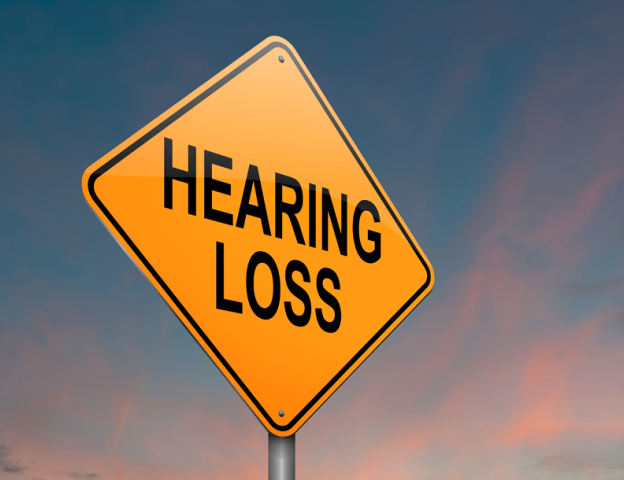
One of the most common types of hearing loss is high-frequency hearing loss.
People in San Diego and around the country with this condition have trouble hearing sounds in the 2,000 to 8,000 Hz range.
This typically prevents individuals from hearing s, h or f sounds as well as women and children.
Other sounds these individuals typically miss out on are the chirps of birds and the beeping of the microwave.
High-frequency hearing loss is caused by:
- Exposure to loud noises
- Aging
- Genetics
- Ototoxicity
- Disease
As we age, it becomes harder for us to hear high frequencies.
This is called presbycusis, age-related hearing loss. It is the natural aging of the cells in our ears.
While this is a normal part of getting older, exposure to loud noises can affect your hearing at any age. Y
our San Diego audiologist recommends wearing hearing protection whenever you come into contact with dangerously loud sounds to help prevent this.
How is sound measured?
Sound travels in waves and is measured in frequency and amplitude.
Amplitude is the measurement of how forceful a wave is. Measured in decibels (dB), the louder the sound is, the higher the decibel number will be. A normal conversation measures around 65 dB.
- Exposure to sound over 85 dB (busy San Diego traffic) can cause damage within 8 hours
- Exposure to sound over 100 dB (a motorcycle) can cause damage within 15 minutes
- Exposure to sound over 120 dB (a chain saw) can cause damage instantly
Frequency is the measurement of the number of sound vibrations in one second. Measured in hertz (Hz), a healthy ear can hear a wide range of frequencies, from very low (20 Hz) to very high (20,000 Hz).
What sounds should you be able to hear?
(click the links below)
8,000 Hz should be easily heard by everyone with normal hearing
12,000 Hz is hard for anyone over 50 years of age to hear
15,000 Hz is difficult for anyone over the age of 40 to hear
17,400 Hz is a frequency that only teenagers can hear. Most people over the age of 18 cannot hear this tone
Could you hear all the links?
Probably not.
These measurements should be taken with a grain of salt, as a number of different variables can influence how sounds come out of your computer.
We do recommend contacting your San Diego audiologist if you have any concerns.
While at the appointment, your audiologist will complete a scientifically accurate hearing evaluation to confirm what frequencies you can and cannot hear.